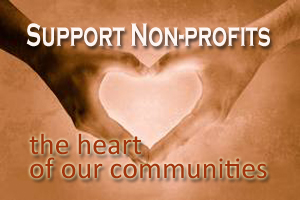Coping with Stress to Improve Health
Stress is a part of life and can be good or bad. It can lead to increased anxiety, headaches, sleeping and stomach problems as well as increased use of alcohol, tobacco or other drugs. Stress is a risk factor for heart disease, stroke and high blood pressure. We need to learn ways to manage stress and cope with challenges to help prevent serious illnesses.
There are many positive ways of coping with stress. What works for you?
Eat healthy foods, exercise and have proper sleep habits to help ease tension, improve sleep and increase self-esteem.
Make a List – If having too much to do is stressing you out, decide what’s most important and focus on one thing at a time. Don’t put things off until last minute.
Take time to treat yourself well – Cook yourself a meal. See a movie. Call a friend. Do something just for you to relieve the pressure of everyday life.
Learn Relaxation Techniques – Stretching, Meditation, Positive Self-talk, Yoga
Laugh – Don’t take everything too seriously. If you think something is funny, laugh & share it with your friends. Humor is important to your health.
Talk About It! – If something is troubling you, talk to friends, family & co-workers. Don’t be afraid to open up and ask for support.
If you drink alcohol, limit yourself to 1 or 2 standard drinks a day, to a weekly maximum of 9 for women and 14 for men. This is for people of legal drinking age and does not apply to those with health problems, are pregnant, trying to get pregnant, breastfeeding, or are told not to drink for other reasons. For more information about these guidelines, talk to your doctor or visit www.camh.net.
Be willing to seek help when needed – Find people you can talk to when you have problems. If you are experiencing a difficult time and you need support, contact your local Mental Health & Addiction Services office or contact the Mental Health Crisis Line at 1-888-737-4668 or NL Health Line at 1-888-729-2929.
Submitted by:
Tara Welsh, Regional Mental Health Promotion Consultant
Cathy Wheeler-Walsh, Regional Addictions Prevention Consultant



